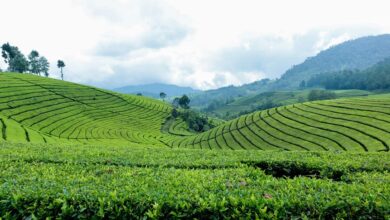Okhiliosis: Exploring the Term “Okhiliosis”

Okhiliosis, rooted in the Greek term for endurance, represents a profound psychological and medical construct. It underscores the human capacity to withstand prolonged stress, particularly in the context of chronic illness and trauma. This concept not only informs individual coping strategies but also permeates cultural narratives. The exploration of okhiliosis raises questions about resilience and community, inviting further examination of its implications across various domains. What deeper insights might emerge from understanding this intricate term?
The Etymology of Okhiliosis
The term "okhiliosis" derives from the Greek roots "okhilos," meaning "to endure," and "iosis," a suffix commonly used in medical terminology to denote a condition or disease.
This etymological construction reflects the historical origins of the term, emphasizing resilience in the face of adversity.
The language roots reinforce the significance of endurance, illustrating how language evolves to encapsulate complex human experiences.
Contextual Usage of Okhiliosis
Okhiliosis is often referenced in psychological and medical contexts to describe conditions characterized by prolonged endurance under significant stress or adversity.
Contextual examples include individuals coping with chronic illness or trauma, where okhiliosis applications manifest as resilience strategies.
Understanding these applications aids mental health professionals in developing interventions that promote adaptive coping mechanisms, ultimately enhancing individual autonomy and well-being in challenging circumstances.
Cultural Significance of Okhiliosis
Resilience, as embodied by okhiliosis, resonates deeply within various cultural narratives, often reflecting collective experiences of endurance and survival.
Cultural interpretations of okhiliosis manifest through artistic representations, highlighting its significance in literature, visual arts, and performance.
These expressions not only celebrate human tenacity but also foster a sense of community, emphasizing the shared struggles and triumphs inherent in the human condition.
Conclusion
In exploring okhiliosis, one uncovers not only the resilience of the human spirit but also the enduring strength found in shared experiences. It serves as a reminder that through suffering, there is solidarity; through struggle, there is growth; and through adversity, there is hope. Okhiliosis encapsulates the journey of countless individuals, illustrating that in the face of hardship, the capacity to endure can forge connections, inspire creativity, and cultivate a profound sense of community.





